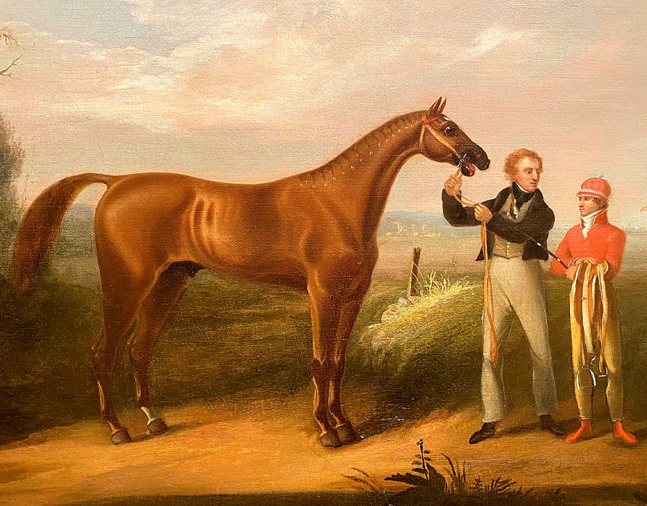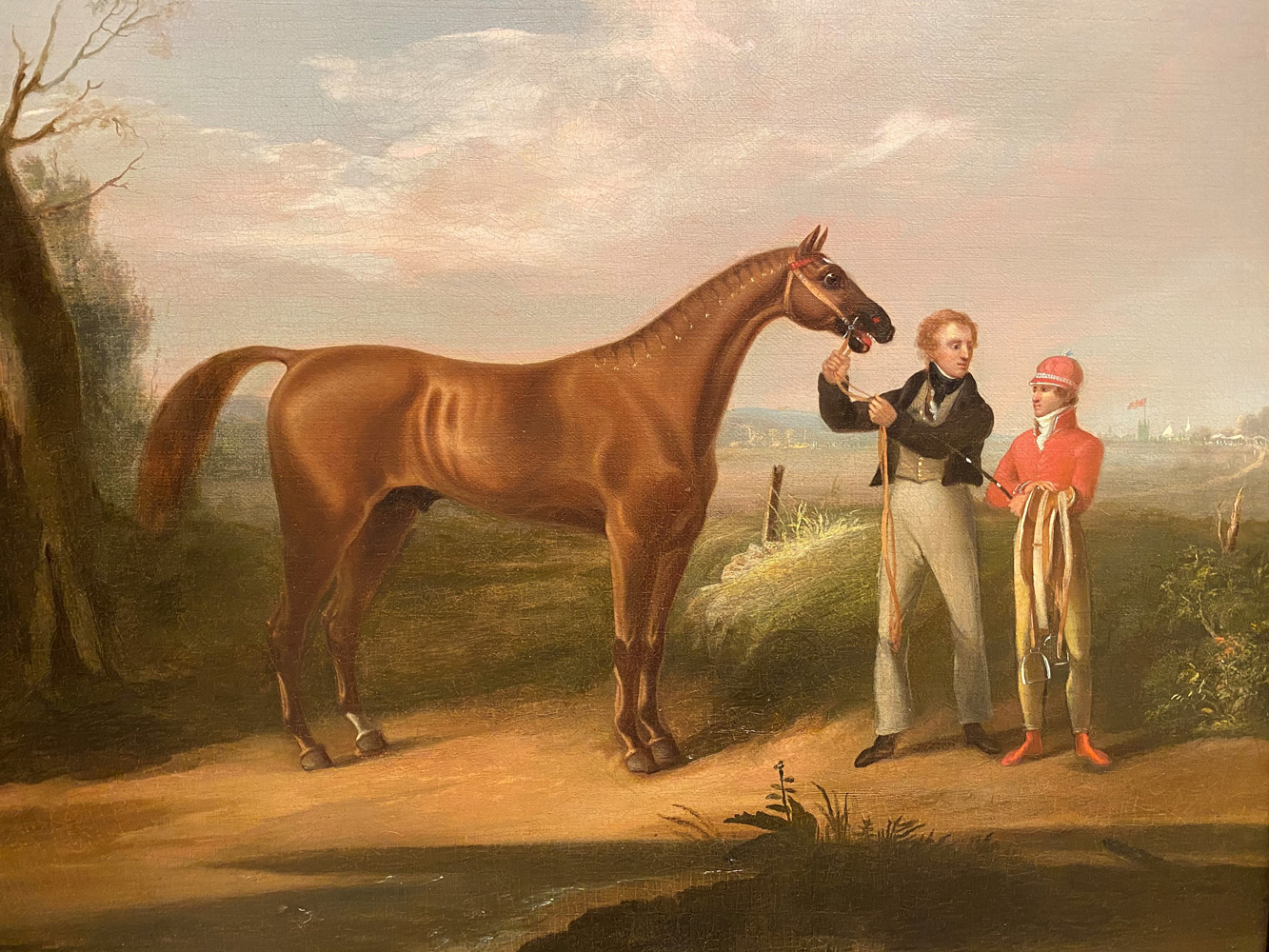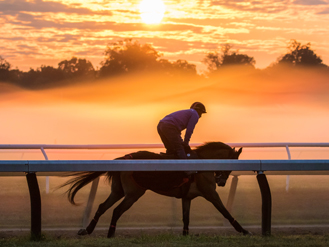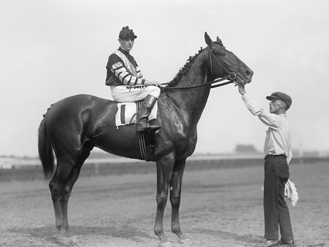Samuel Purdy
Samuel Purdy gained fame as a jockey in the early years of the 19th century, but his lasting glory was his role in one of racing’s most historic events, American Eclipse’s famous victory over Sir Henry at New York’s Union Course on Long Island in 1823.

1970
May 14, 1775, Westchester County, New York
Dec. 3, 1836, New York City, New York
Biography
Samuel Purdy gained fame as a jockey in the early years of the 19th century, but his lasting glory was his role in one of racing’s most historic events, American Eclipse’s famous victory over Sir Henry at New York’s Union Course on Long Island in 1823.
Raised on a farm in New York’s Westchester County, Purdy became an accomplished rider in both the North and South. Although not formally educated, Purdy proved proficient at a variety of tasks, including architectural design. He became a notable businessman in New York City, designing and building homes, and served on the boards of several banks and insurance companies.
On May 27, 1823, an estimated crowd of 60,000 gathered at the Union Course on Long Island for the first great intersectional match between Hall of Fame member American Eclipse, owned by Cornelius Van Ranst of New York, and Sir Henry, owned by Lemuel Long of North Carolina. It was winner take all, $20,000 a side, at four-mile heats.
Sir Henry, ridden by John Walden, won the first heat in record time, finishing a length ahead of American Eclipse, ridden by William Crafts. American Eclipse had never lost a heat previously, prompting Van Ranst to summon Purdy from the crowd to take the mount. Purdy had ridden American Eclipse in all the horse’s previous contests, but prior to the match race, Van Ranst decided to go with the younger Crafts.
Purdy, who was 49 years old at the time, accepted the challenge, won the second heat with American Eclipse, and then rode him to victory in the third and deciding heat. Rep. John Randolph, of Roanoke, Virginia, later praised Purdy on the floor of the United States House of Representatives as “the most skillful of jockeys to the latest posterity.”
Media





